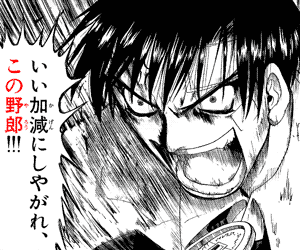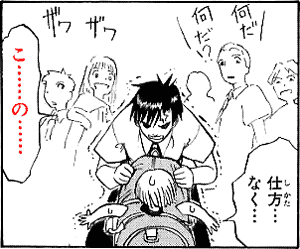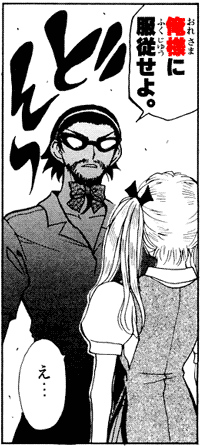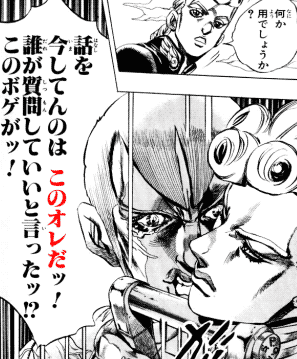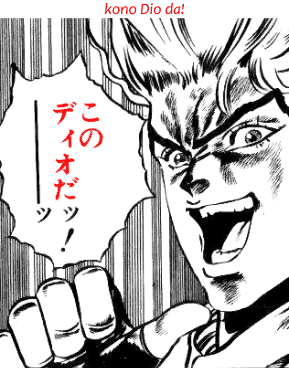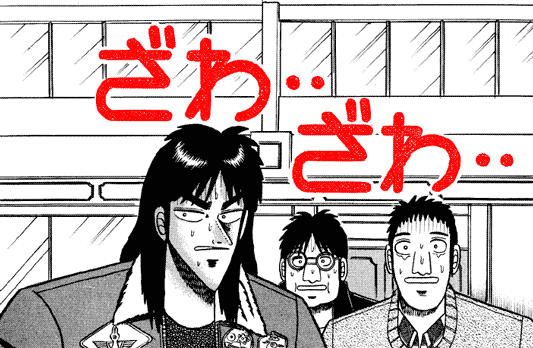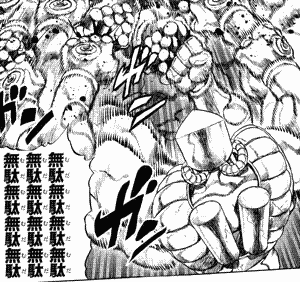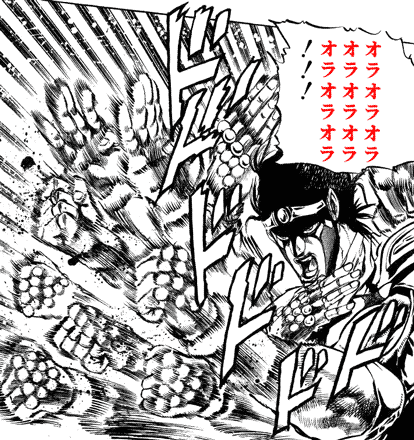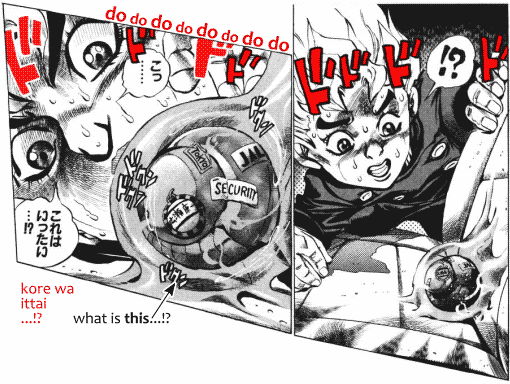hoshii ~ほしい, 欲しい
Tai-form ~たい
(beware of homonyms: tai 体, morpheme for "body," and tai 対, "versus." Those are also tai but not what this article is about.)
い Adjectives
In Japanese, such words are called keiyoushi 形容詞, "adjectives," or, more specifically, i-keiyoushi イ形容詞, abbreviated i-kei イ形.
The i-adjectives are different from other Japanese adjectives by the fact they're true adjectives: the word is an adjective as-is, it isn't a noun or adverb that needs a particle in order to be used as an adjective. (which is the case with na-adjectives and no-adjectives.)
- Conjugation
- i-Adjectives vs. Words Ending With -i ~い
- Grammar
- Attributive Form, -i ~い
- Predicative Form, -i ~い
- Using the Copula
- Adverbial Form, -ku ~く
- -ku naru ~くなる
- Te-form, -kute ~くて
- Ooi 多い vs. Ooku no 多くの
- Sa-form, -sa ~さ
- Suffix: -sugiru ~すぎる
- Suffix: -sou ~そう
- Ba-form, -kereba ~ければ
- Tara-form, -kattara ~かったら
- Tari-form, -kattari ~かったり
- Volitional form, -karou ~かろう
- Imperative form, -kare ~かれ
- 〇〇かれ〇〇かれ
- Auxiliary Adjectives
- ウ音便
- Further Reading
kono yarou この野郎
Grammatically, it's the pronoun kono この, "this," plus the word yarou 野郎, which just really means "guy," but since it's often used in swearing, it's often gets translated as "bastard" instead. See: swearing with kono for details.
- ii kagen ni shi-yagare,
いい加減にしやがれ、
- [That's enough],
- [Stop that],
- [Cut it off],
- kono yarou!!!
この野郎!!!
[You bastard]!!!
Swearing with Kono この
yarou 野郎
So, in this post, I'll explain the why of all this.
(beware of homonyms: yarou やろう may also be "let's do it," the volitional form of the verb yaru やる, "to do;" and yarou ヤロウ may refer to the plant, "Yarrow," achillea millefolium.)
ore-sama 俺様
Which means it's mostly a trope used in manga and anime. (just like kisama 貴様.)
- ore-sama ni
fukujuu se yo.
俺様に服従せよ。
Submit to me.- I command thee to submit to THE GREAT ME.
- e...
え…
Eh...
Characters use ore-sama to imply they're extremely important. It's used by the type of character that would say "I'm the strongest" or "the smartest" or "the bestest" or stuff like that.
kono ore da! この俺だ!
In Japanese, the phrase kono ore da! この俺だ! translates literally to "it's this me!" But that sounds weird in English. So, in this post, I'll explain what kono ore means and how it works.
Kono Dio Da! このディオだッ! - Meaning in Japanese
(the small tsu ッ and the prolonged sound mark ー are other symbols in the panel above.)
Kaiji: zawa.. zawa.. ざわ・・ざわ・・ Sound Effect - Meaning in Japanese
In Japanese, zawa.. zawa.. ざわ・・ざわ・・ is an onomatopoeia for when a crowd gathers and starts whispering around, creating a commotion, however, it's best known for its usage in the gambling series Kaiji, in which case zawa-zawa shows up in tense, cold-sweat-breaking, anxiety-filled situations, even when there is no crowd around, so there's nothing to emit a zawa-zawa sound.
In the anime adaptation of Kaiji, someone voicing the syllables zawa-zawa is used as the sound effect
Muda Muda Muda Muda 無駄無駄無駄無駄
In the manga and anime JoJo's Bizarre Adventure, Dio says muda muda muda muda 無駄無駄無駄無駄 as his stand goes around punching people in the face. This translates literally to saying "it's futile" repeated many times, but in the series it's used like ora ora ora ora by Jotarō and his Star Platinum, just a thing to say while throwing punches..
- muda muda muda muda
muda muda muda muda
muda muda muda muda
無駄無駄無駄無駄
無駄無駄無駄無駄
無駄無駄無駄無駄
[It] is futile. (times 12)
Note that although this muda muda muda muda doesn't really mean anything besides the word muda repeated over and over, a single muda 無駄 does mean something in Japanese.
ora ora ora オラオラオラ
If you've ever watched JoJo's Bizarre Adventure, specially Stardust Crusaders, you've probably already heard Kujō Jotarō 空条 承太郎 and his stand, Star Platinum, screaming ora ora ora オラオラオラ at everyone they punched.
And you might have asked yourself: what does this ora ora ora mean in Japanese?
- ora ora ora ora ora ora ora ora ora!!!
オラオラオラオラオラオラオラオラオラ!!!
(twelve ora's.) - dodododododo
ドドドドドド
*sound effect for punches*
(onomatopoeia.)
The answer is: not much.
dodododo ドドドド
In Japanese, dodododo ドドドド is normally an onomatopoeia for a thumping sound. This could mean a heart thumbing, or of motorbike cylinder engine, or anything like that.
In the manga JoJo's Bizarre Adventure, dodododo isn't an onomatopeia, it isn't the sound of anything, but is used instead as a mimetic word for when something sudden and unexpected happens, something mysterious, of "real form unknown," shoutai-fumei 正体不明, and so on.
- odoro おどろ is the name of the uneasiness background effect used in the first panel.
A number of comedy manga parody this usage from JoJo, so, most of the time, dododo means this even when the manga isn't JoJo. (they also often parody gogogogo ゴゴゴゴ, by the way, another sound effect JoJo uses.)


